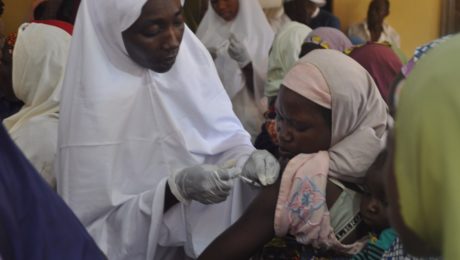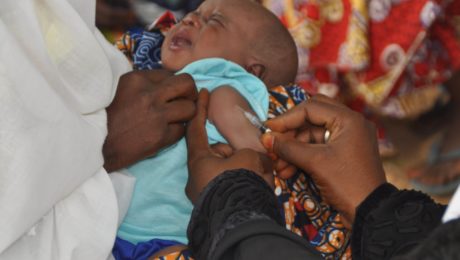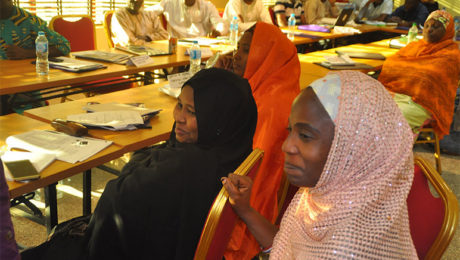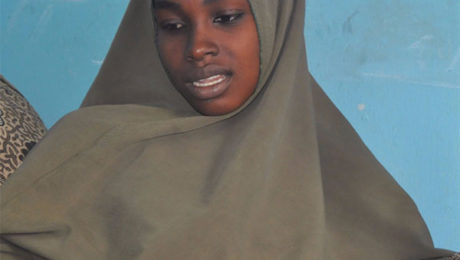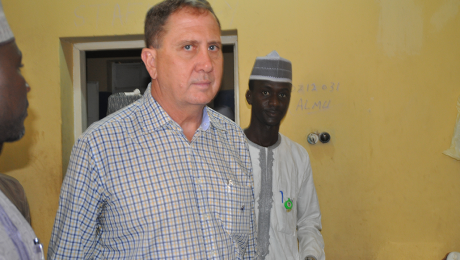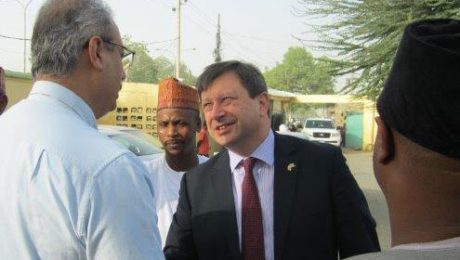Kano State, the most populous in Nigeria, is known as the ‘centre of commerce’. Yet there are only 359 medical doctors serving its growing 13.4 million population. There are around five times as many nurses and midwives – but this doesn’t amount to even two health professionals per 10,000 population, compared to the World Health
In addition to inadequate political will, weak and non-transparent budgetary processes and corruption have been identified as major contributors to poor health financing, with negative impact on the Nigerian health sector. Year after year, Nigeria falls behind the commitment it made alongside 16 other African nations in Abuja in 2001 to commit at least 15
MNCH2 delivered a practical three days learning workshop to Journalists and Media professionals working in the six partner states of Jigawa, Kaduna, Kano, Katsina, Yobe and Zamfara. The aim of this activity was to improve the skill set of health reporters and producers especially on reporting reproductive maternal newborn and child health RMNCH issues. The
Most maternal and infant deaths occur in the hours, days and weeks after childbirth. Yet, this is the most neglected period for the provision of quality care. One key intervention to improve maternal health outcomes is to ensure that all women and their newborns have access to skilled care within 24 hours of delivery. Haemorrhage, for example,
Kim Bredhauer, the CEO of the Palladium Group was in Kano for a two day visit. The CEO visited the Primary Health Care (PHC) in Gwagwarwa Nassarawa LGA in Kano State where he was taken round the health facility by the chairman of the Facility Health Committee. Also present were the village head of Gama
The British High Commissioner to Nigeria, Mr. Paul Arkwright and a team from the DFID head office Abuja, came to Kano for a 2-day visit. He was in Kano to meet with the Executive Governor of Kano State, Dr Umar Abdullahi Ganduje and the Emir of Kano, Emir Muhammadu Sanusi II. The British High Commissioner in


